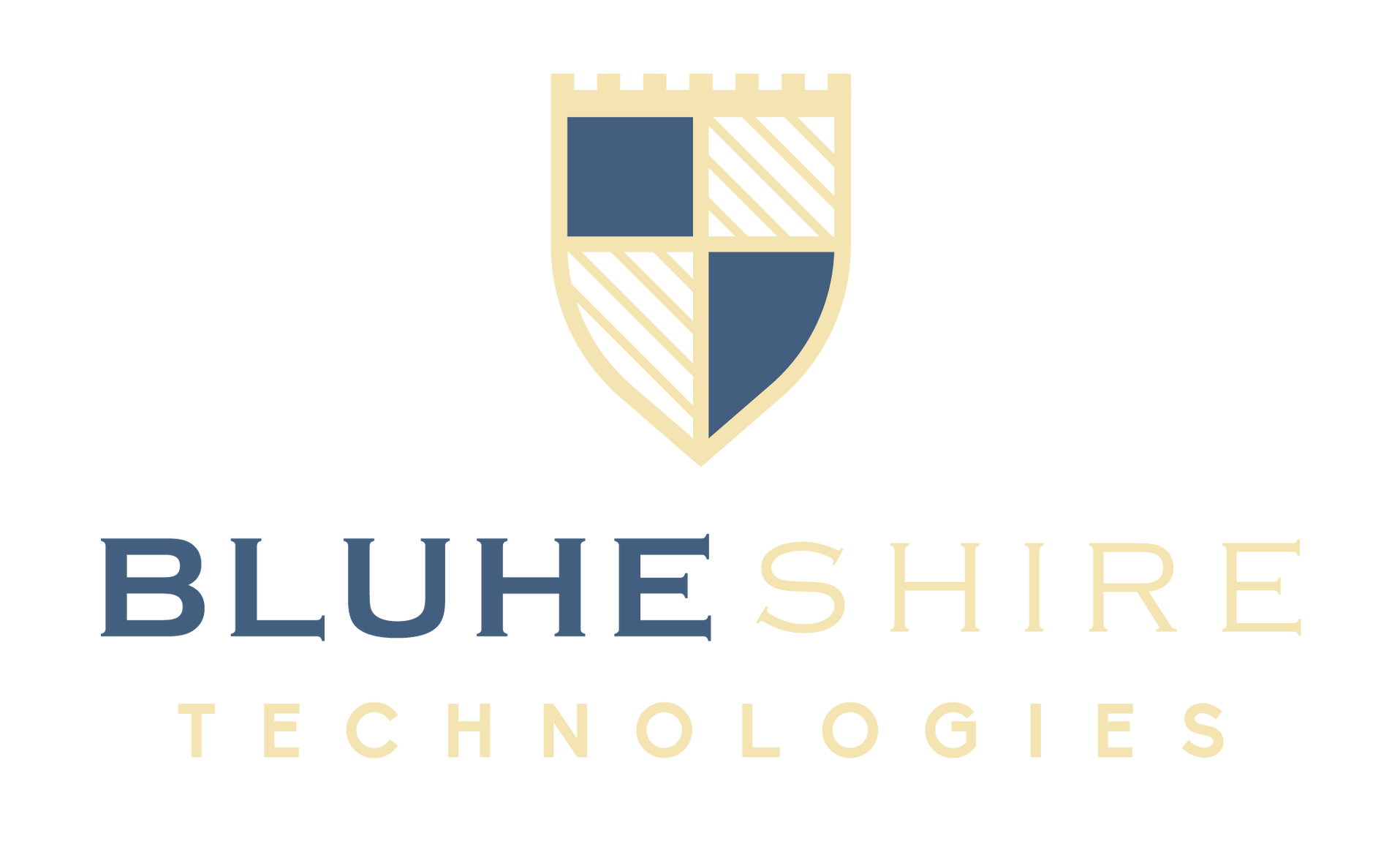Digital Representation of Assets
Transforming Traditional Ownership
In today's rapidly evolving digital landscape, the concept of asset ownership is undergoing a revolutionary transformation through the process of tokenization. Traditional assets, ranging from real estate and artwork to commodities, are being reimagined and represented in a digital format, paving the way for innovative investment opportunities, enhanced liquidity, and seamless global transactions.
The Essence of Asset Tokenization:
Asset tokenization involves converting the rights to an asset into a digital token on a blockchain network. By leveraging blockchain technology's inherent capabilities, asset tokenization encapsulates the value, ownership, and transferability of traditional assets in a secure, transparent, and efficient digital representation. Each token corresponds to a fraction or whole of an asset's value, enabling fractional ownership, divisibility, and granular control over asset management and transactions.
Unlocking New Possibilities:
The digital representation of assets through tokenization unlocks a myriad of possibilities and advantages that transcend the limitations of traditional ownership models.
- Liquidity and Accessibility: Tokenized assets offer increased liquidity and accessibility, as they can be traded on digital asset exchanges and platforms, facilitating immediate transactions and enhanced market efficiency. Investors can easily buy, sell, or transfer tokens representing various assets, overcoming traditional market barriers and constraints.
- Fractional Ownership and Diversification: Asset tokenization enables fractional ownership, allowing investors to purchase and own a fraction of high-value assets. This fractionalization democratizes access to assets, enabling broader participation, diversification, and flexibility in investment strategies.
- Efficiency and Automation: The integration of smart contracts and automated protocols streamlines asset management, trading, and settlement processes. Smart contracts facilitate predefined conditions, automate transaction execution, and ensure compliance with regulatory requirements, enhancing operational efficiency and reducing administrative complexities.
Real-World Applications and Impact:
The digital representation of assets through tokenization has catalyzed transformative changes across various industries and sectors, reshaping traditional practices and fostering innovation.
- Real Estate: Tokenized real estate assets democratize property investment, enabling fractional ownership, global accessibility, and enhanced liquidity. Investors can diversify portfolios, access premium properties, and benefit from potential capital appreciation and rental income, leveraging the advantages of tokenized real estate investments.
- Artwork and Collectibles: Tokenization democratizes the art market, allowing art enthusiasts and investors to own fractional shares of artwork, collectibles, and cultural assets. This accessibility broadens participation, fosters cultural appreciation, and creates new avenues for art ownership and investment.
- Commodities and Natural Resources: Tokenized commodities represent ownership in physical assets such as precious metals, energy resources, and agricultural products. Tokenization enhances market transparency, facilitates global trading, and optimizes supply chain management, driving efficiency and innovation in the commodities market.
Conclusion:
The digital representation of assets through tokenization epitomizes the convergence of technology, finance, and innovation, redefining traditional ownership paradigms and unlocking unprecedented opportunities in the digital economy. By transforming tangible assets into digital tokens, asset tokenization transcends geographical boundaries, enhances market accessibility, and fosters a new era of inclusive, efficient, and diversified investment landscape. Embracing asset tokenization heralds a future where the seamless integration of traditional assets into the digital realm empowers individuals, revolutionizes industries, and shapes the next chapter of the global financial ecosystem.


